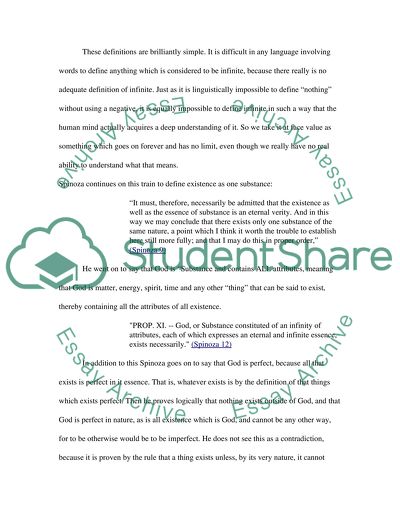Cite this document
(“Spinozas Conception of God Essay Example | Topics and Well Written Essays - 1250 words”, n.d.)
Retrieved de https://studentshare.org/philosophy/1537820-spinozas-conception-of-god
Retrieved de https://studentshare.org/philosophy/1537820-spinozas-conception-of-god
(Spinozas Conception of God Essay Example | Topics and Well Written Essays - 1250 Words)
https://studentshare.org/philosophy/1537820-spinozas-conception-of-god.
https://studentshare.org/philosophy/1537820-spinozas-conception-of-god.
“Spinozas Conception of God Essay Example | Topics and Well Written Essays - 1250 Words”, n.d. https://studentshare.org/philosophy/1537820-spinozas-conception-of-god.


